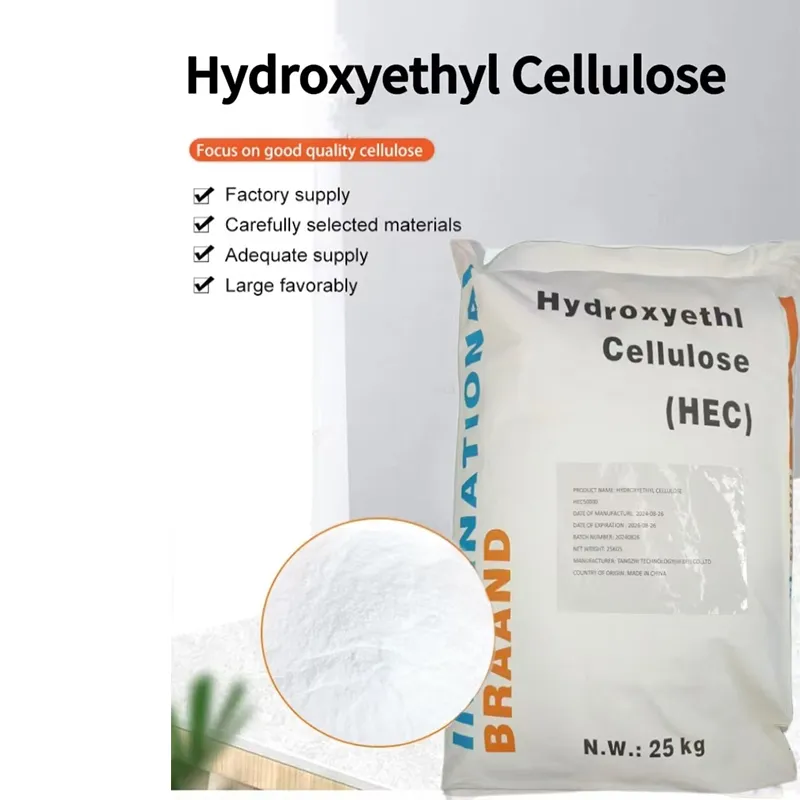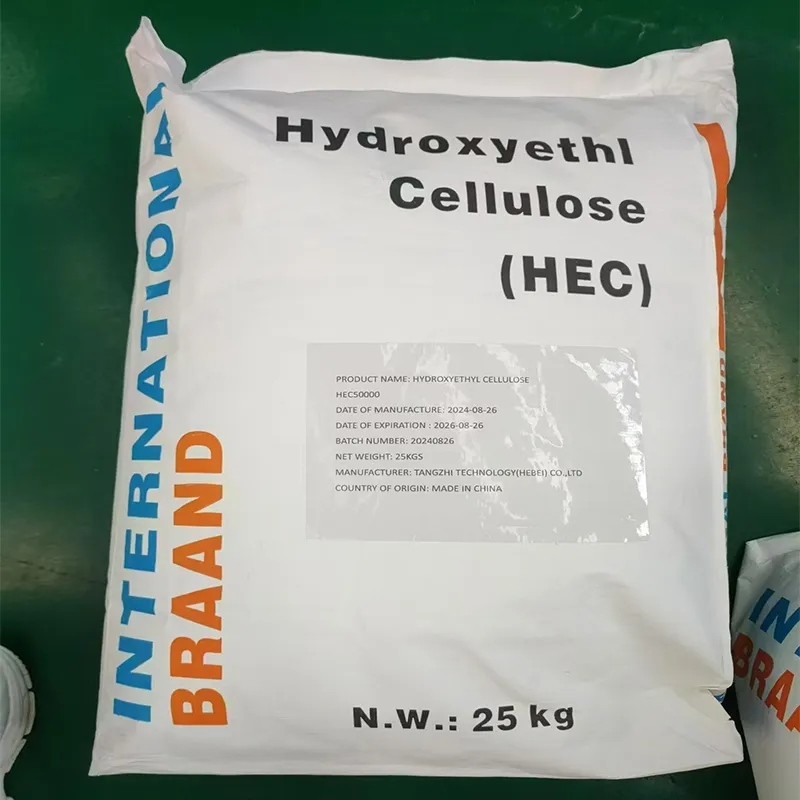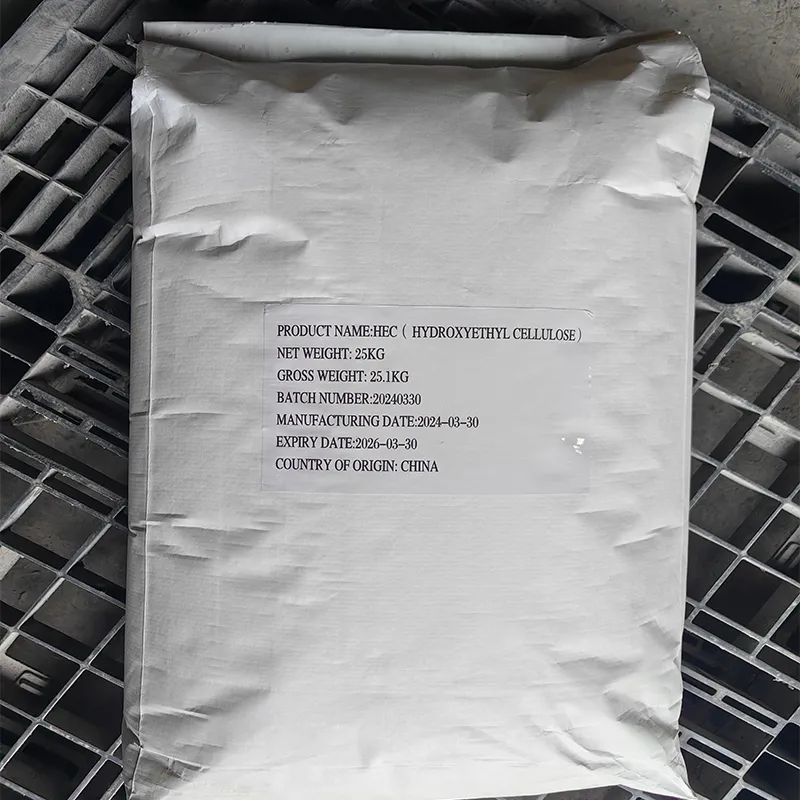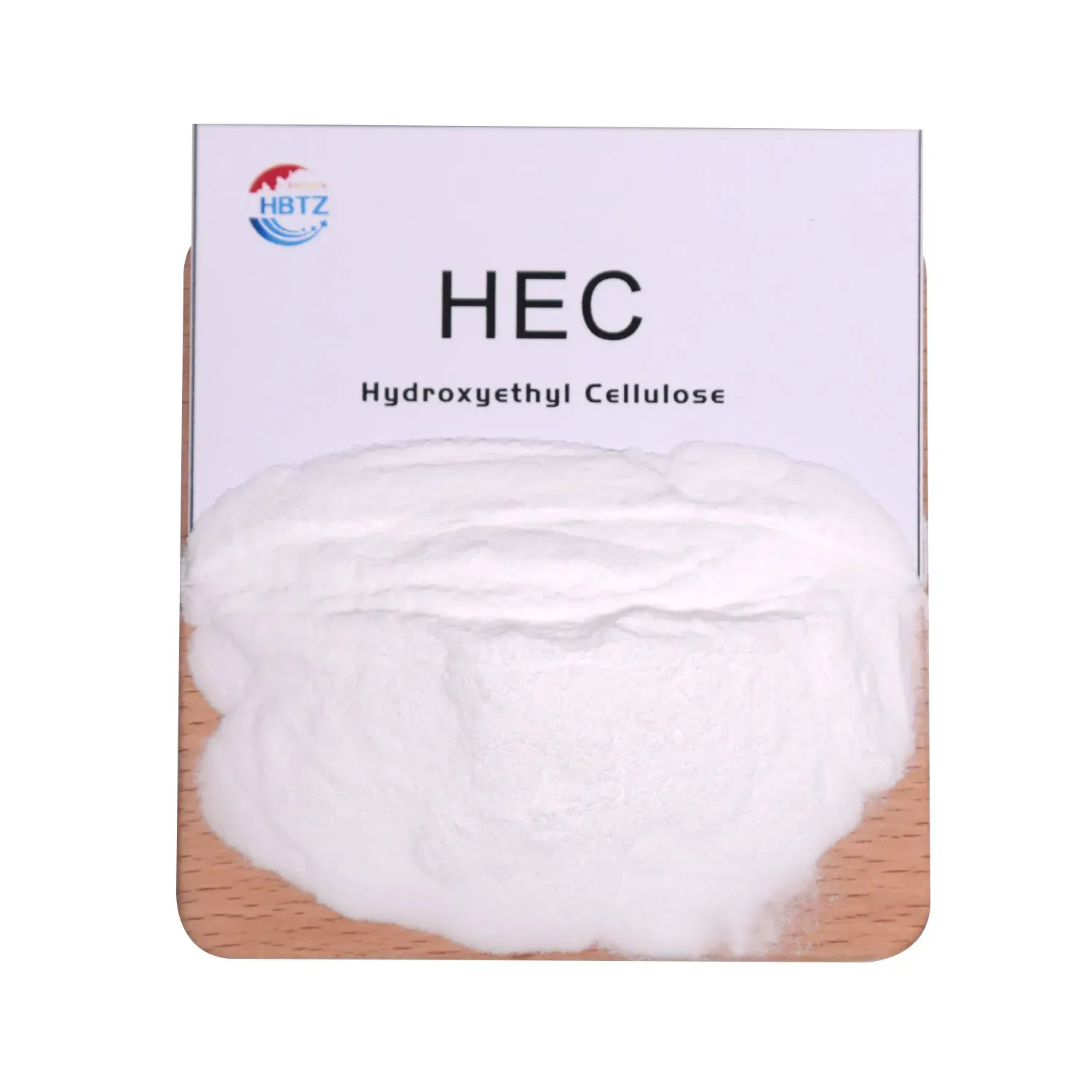
High-Quality Hydroxyethyl Cellulose for Paint - Consistent Performance
Official Website: https://www.tangzhihpmc.com
Email: admin@tangzhicellulose.com
Phone: +86-15032625168
Address: Room 2308, Dongsheng Plaza 2, No. 508 Zhongshan East Road, Chang’an District, Shijiazhuang, Hebei, China
Product Page: Hydroxyethyl Cellulose (HEC)
Industry Overview & Current Trends in Hydroxyethyl Cellulose for Paint
The global push towards environmentally friendly, low-VOC, and water-based coatings has driven the increasing adoption of hydroxyethyl cellulose for paint. As a high-value rheology modifier, Hydroxyethyl Cellulose (HEC) enhances viscosity, improves pigment suspension, and boosts application performance. Key industry forums such as Coatings World and publications including Industrial & Engineering Chemistry Research consistently highlight the growing role of cellulose ethers in next-generation paint technology.
- Surging demand for hydroxyethylcellulose based paints in decorative and construction segments (Source)
- HEC as a safer, high-performance alternative in green building and infrastructure projects (Source)
- Broader usage across OEM, architectural, and DIY paint markets
Product Overview: Hydroxyethyl Cellulose (HEC)
Hydroxyethyl cellulose (HEC) (CAS NO.: 9004-62-0) is a non-ionic water-soluble polymer. It is synthesized by reacting alkali-cellulose with ethylene oxide, offering:
- Powerful thickening and rheology control
- Excellent water retention and film formation
- Superior pigment dispersion and anti-settling ability
- Stable performance in wide pH ranges and compatibility with additives
To buy hydroxyethyl cellulose or find hydroxyethylcellulose for sale, click here or contact our sales experts.




Key Parameters for Hydroxyethyl Cellulose in Paints
| Parameter | Specification | Typical Value | Industry Standard Reference |
|---|---|---|---|
| CAS Number | 9004-62-0 | 9004-62-0 | ASTM D2363 |
| Appearance | White or off-white powder | White fibrous powder | ISO 758 |
| Viscosity (2% in Water, 20°C) | 3,000–85,000 mPa·s | 15,000–65,000 mPa·s | ASTM D2196 |
| pH Range (1% Solution) | 6.0–8.5 | 7.5 | ISO 976 |
| Moisture Content (%) | ≤5.0 | 3.0 | ASTM D1347 |
| Degree of Substitution (DS) | 1.5–2.5 | 2.0 | Internal QC |
| Water Retention (%) | ≥90 | 93 | In-house |
Technical Parameter Trends & Data Visualization
Applications & Use Cases of Hydroxyethylcellulose Based Paints
- Architectural & Decorative Coatings: Used in indoor and outdoor wall paints, providing anti-sag and smooth leveling features.
- Emulsion & Latex Paints: Improves dispersion of pigments, enhances color development, and stabilizes viscosity for consistent finish.
- Industrial Coatings: Ensures reliable flow, sprayability, and application over large surfaces.
- Textured & Specialty Paints: Provides tailored rheology and prolonged open time to support unique artistic coatings.
- Primers & Undercoats: Offers excellent substrate wetting and bridging properties for improved adhesion.
- DIY/Home Improvement: Found in easy-application paints for household and craft projects.
- Green Building Material: Well suited for low-VOC, eco-friendly, and sustainable coating formulations.
Professional FAQ – Hydroxyethyl Cellulose for Paint
- 1. What is Hydroxyethyl Cellulose (HEC) chemically?
- HEC is an etherified, non-ionic, water-soluble derivative of cellulose, modified with hydroxyethyl groups. Its backbone retains β-1,4-glycosidic linkages, ideal for paint systems.
- 2. What is the recommended viscosity grade for paints?
- Viscosity grades from 3,000 to 85,000 mPa·s (Brookfield, 2% solution at 20°C). Medium to high viscosity (25,000–65,000 mPa·s) is standard for architectural paints to maximize sag resistance and leveling.
- 3. How is HEC dosed in water-based paint formulations?
- HEC is typically added at 0.2–1.0% of total formulation weight, depending on required consistency and rheology.
- 4. What is the significance of the hydroxyethyl cellulose cas number?
- The CAS number 9004-62-0 uniquely identifies hydroxyethyl cellulose, ensuring regulatory and quality control traceability. Refer to PubChem for more.
- 5. Which standards govern quality testing?
- ISO 758 (appearance), ASTM D2363 (identification), ASTM D2196 (viscosity), ASTM D1347 (moisture). Rigorous internal QC protocols are added for consistency.
- 6. What are advantages versus other cellulose ethers?
- Compared with methyl cellulose or carboxymethyl cellulose, HEC offers higher water retention, non-ionic compatibility, and greater stability in presence of salts, surfactants, and biocides.
- 7. Is hydroxyethylcellulose for sale stable in alkaline paints?
- Yes. HEC is stable and functional across pH 6–8.5, making it ideal for most emulsion and latex paints, including those with alkaline fillers and pigments.
Expert Technical FAQ
Why Choose Hebei Tangzhi Technology Co., Ltd.?
- Direct manufacturer of premium hydroxyethyl cellulose for paint
- ISO-certified QA/QC laboratory and advanced manufacturing standards
- Global logistics support and technical consulting
- Transparent documentation, competitive pricing, and rapid response
Contact us now at admin@tangzhicellulose.com or call +86-15032625168.
Visit our headquarters:
Room 2308, Dongsheng Plaza 2, No. 508 Zhongshan East Road, Chang'an District, Shijiazhuang, Hebei, China.
-
Reliable Powdered Cellulose Supplier: Quality, Sustainability & InnovationNewsNov.24,2025
-
Find Trusted Microfibrillated Cellulose Suppliers for Sustainable Industrial SolutionsNewsNov.24,2025
-
Leading Methocel Suppliers: Quality, Innovation & Sustainability in Methylcellulose SupplyNewsNov.23,2025
-
Reliable Hydroxyethylcellulose Suppliers for Industry & Sustainability | Tangzhi HPMCNewsNov.23,2025
-
Top Ethyl Cellulose Supplier – Quality, Sustainability, and Industrial SupportNewsNov.23,2025
-
Trusted CMC Powder Suppliers for Food, Pharma & Industrial Use | Tangzhi HPMCNewsNov.22,2025





















